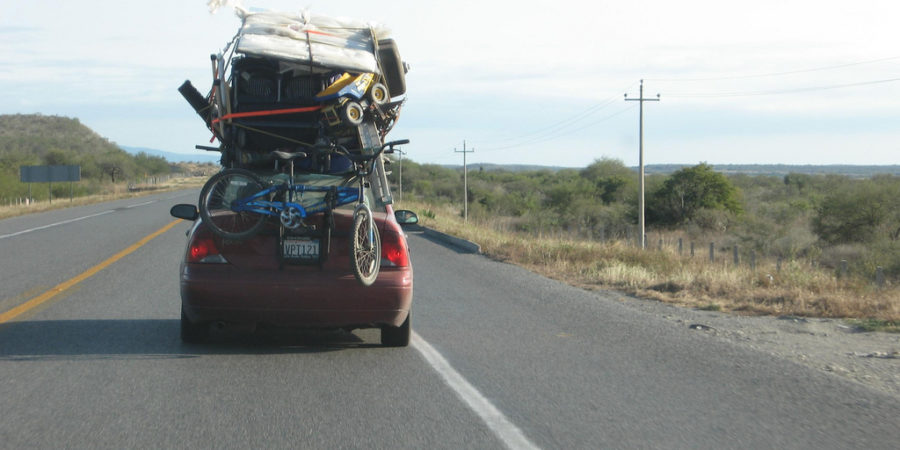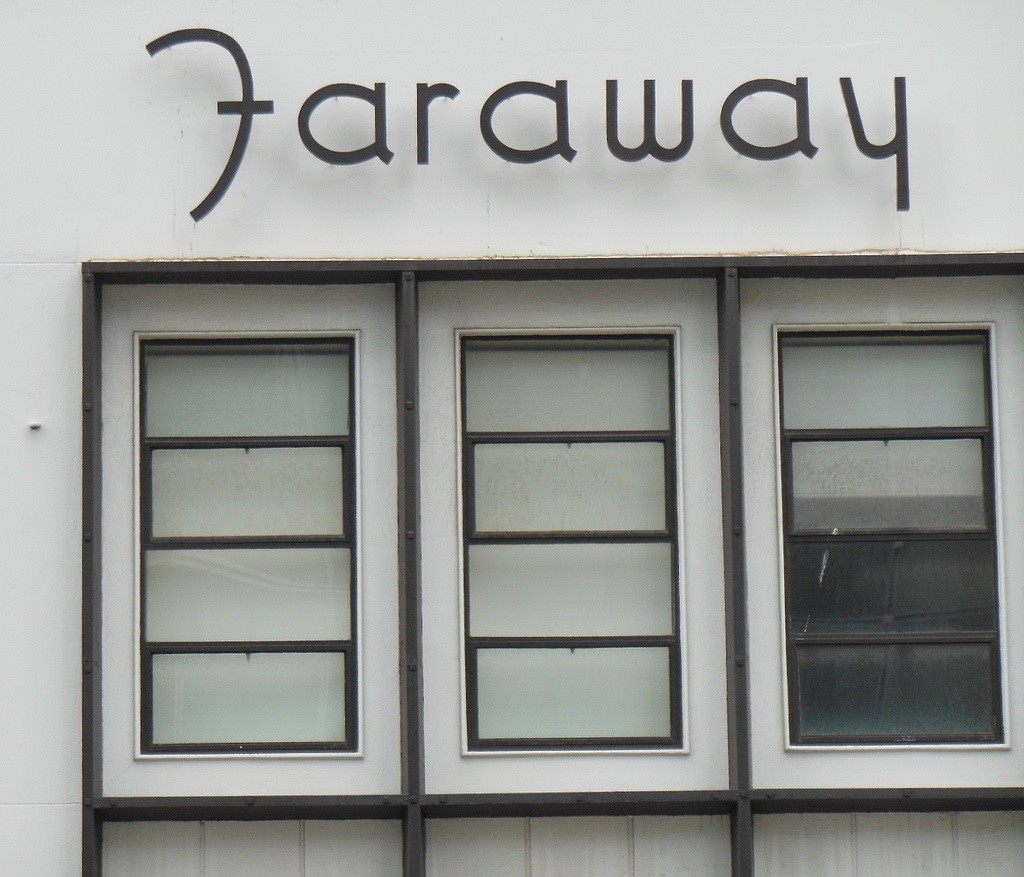Finally, your boss or university has given you the greenlight: you’re moving abroad. Abroad.
Feel that? It’s a mixture of all-out terror and chest bursting excitement. But before you lose it completely, remember there’s a lot of organising to do before you’re clinking cocktails up the Eiffel Tower. International relocation takes a level of organisation you thought humanly impossible, but our nestpick moving magicians are here to help.
The Internet is full of advice and lists – and list of lists – of things to remember and bear in mind during international relocation, but most of the advice is, in our humble opinion, pretty useless.
Michael Coghlan under Flickr creative commons license. Changes made
Our favourite suggestion was to take a portable alarm clock on your trip, as if mobile phones were yet to be invented (in case you didn’t know, phone’s have alarm clocks these days!). Why waste 200 grams of precious – and expensive – luggage space packing a clock? We’ve put together some practical advice and what to do, and not to do, when embarking on international relocation.
Taking drugs (legally!)
Not the sexiest of topics but it’s essential if you take regular medication for a long-term or serious medical condition to make sure you visit your doctor well before international relocation and inform him or her of your upcoming move. Most airlines and national border controls require passengers to bring with them official proof and/or documentation of the prescribed medications they’re taking. Make sure you keep a photocopy of your prescription in your luggage and one in your pocket. Also, split the medication between your checked baggage and your hand luggage; if the airline loses your checked baggage you won’t be left without medication, giving you time to source replacements. Translate the name of your condition and the medication you take in case you need to speak to a pharmacist or doctor who doesn’t speak your language. Before you sign up to a health insurance policy, required by law in some countries, confirm whether they provide coverage for existing medical conditions; if not, you might end up paying a lot for your medication.
 mac_filko under Flickr creative commons license. Changes made
mac_filko under Flickr creative commons license. Changes made
Singing, and possibly crying, in the rain
Remember that if you’re moving from somewhere with relatively mild weather, your destination’s could be very different. Even Europe can experience freezing temperatures, blistering heat waves and the odd volcanic ash cloud. For example, you might not realise that during winter Berlin can be battered by very chilly Russian winds, plunging the city into a deep freeze with temperatures often dropping to below -10. Don’t even get me started on rain in the UK (this writer is English, so if he starts talking about the weather he’s genetically incapable of stopping).
Papers, please
Although we’re living in a digital world, paper documents are still really important when travelling or embarking on long distance moving. Has your passport expired (do you even know where it is?!), have you taken multiple photocopies of your visa, driver’s licence, health insurance, new employment contract, birth certificate? It’s also a good idea to scan or upload your documents to Google Drive, a cloud service or your mailbox so you can access them easily on the move.
redjar under Flickr creative commons license. Changes made
The Ambassador will see you now
Again, not very glamorous, but knowing where your country’s embassy is located might prove useful. Their job is to represent your country but they’re also tasked with helping their citizens abroad with anything from visa advice, lost or stolen passports to criminal and immigration issues. Note down the location and contact details of your embassy before you leave. Most larger countries have a main embassy in the capital city with smaller consulates dotted throughout the rest of the state. Check your government’s website for details.
Size matters
Three seater sofa? Check!
Collected works of Marcel Proust (hardback edition) Check!
That baby grand piano passed down through generations of your family? Check!
No! The heaviest thing you should take when moving abroad is shoes and maybe your sense of impending dread. In fact, a move abroad makes you realise exactly how little you actually need. The essentials are, well, essential. Everything else can be found when you arrive.
Finding a nest
Having somewhere to call home (and somewhere to sleep at night) is one of the most important things in life. When you first arrive try staying with friends or friends of friends; a familiar face will help you settle in and acclimatise to your new surroundings. Other options include staying in hotels, hostels or B&Bs (bed and breakfast hotels). If you’re lucky enough to be staying somewhere with great weather you could always try camping for a few days!
When it comes to finding a more permanent residence, navigating a foreign rental market in a foreign language can be a total nightmare. Most countries have specific laws, traditions and accepted methods of flat hunting and renting. Unfortunately, scammers and opportunistic landlords know the difficulties faced by international students and expats and may use those difficulties to their own advantage. That’s why we created nestpick. Moving abroad should be a life changing, horizon expanding experience and we want to make finding a flat in your new country easy, safe and painless.
A foreign positivity
Probably the most important thing to take with you when embarking on international relocation is a positive attitude (surprisingly, airlines don’t charge you for taking this onboard). Long distance moving will change you, that’s a fact. How it changes you is entirely up to you, your expectations and your willingness to embrace difference and novelty. Take a deep breath, relax and enjoy your new life.
What are your top tips for moving long distance? Share them in the comments




